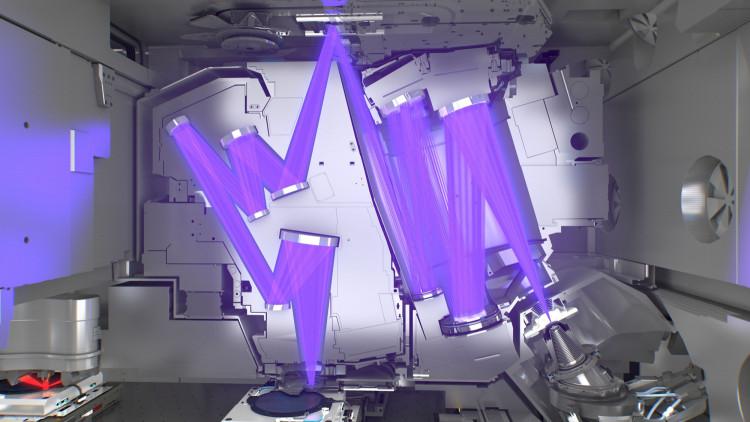US President Donald Trump mentioned one of the corporate titans in the China-US trade war during his speech at the signing ceremony of phase one of the trade deal. Despite the highlight of the US's powerhouse in the deal, experts claimed that the deal could be detrimental to US tech firms.
The trade deal was said to benefit Micron Technology because it allowed the company to easily operate in China with lesser restrictions. However, a report by the New York Times alleged that the aggressive approach of Trump during the negotiations of phase one of the trade deal may have put the US tech firms in greater risk.
Trump mentioned the name of Sanjay Mehrotra during his speech at the signing of phase one of the China-US trade deal. He is the chief executive officer (CEO) of Micron Technology, the company that creates memory chips for computers and smartphones including Huawei, China's tech giant.
The report claimed that the US president's approach caused China to independently develop its semiconductors, artificial intelligence, and other technological advancements that may restrict the sales of American tech products in the future.
Micron Technology was once blocked from conducting business in China when it rebuffed after Huawei was accused of fabricating the company's technological advancements. Later on, the ban was lifted and Huawei, whose business operations were also suspended in the US, was also re-allowed to conduct business in the US.
According to the president of the Information Technology and Innovation Foundation Robert D. Atkinson, the trade war had caused a problem for US semiconductor developers; He said that it allowed China to perceive that it had been overly relying on US tech in the past, which led them to make their products.
The report then added that the microchip sales to China had been declining since then. He revealed that the country represented more than half the global chip demand and that microchip stocks have suffered from Trump's notions on the trade deal.
Author of The Transpacific Experiment Matt Sheehan told Financial Times that the trade war has put a stop to venture capital flows. He added that some further restrictions such as filtering the currencies in Silicon Valley have caused similar problems to US companies as well.
He added that the US commerce department may also add more restrictions to existing export controls on dual-use technologies between the US and China which could lead to the loss of thousands of Chinese-national jobs in the US. However, it was highlighted that the requirement those foreign workers may even need to apply for licenses in dealing with export trade deals.




